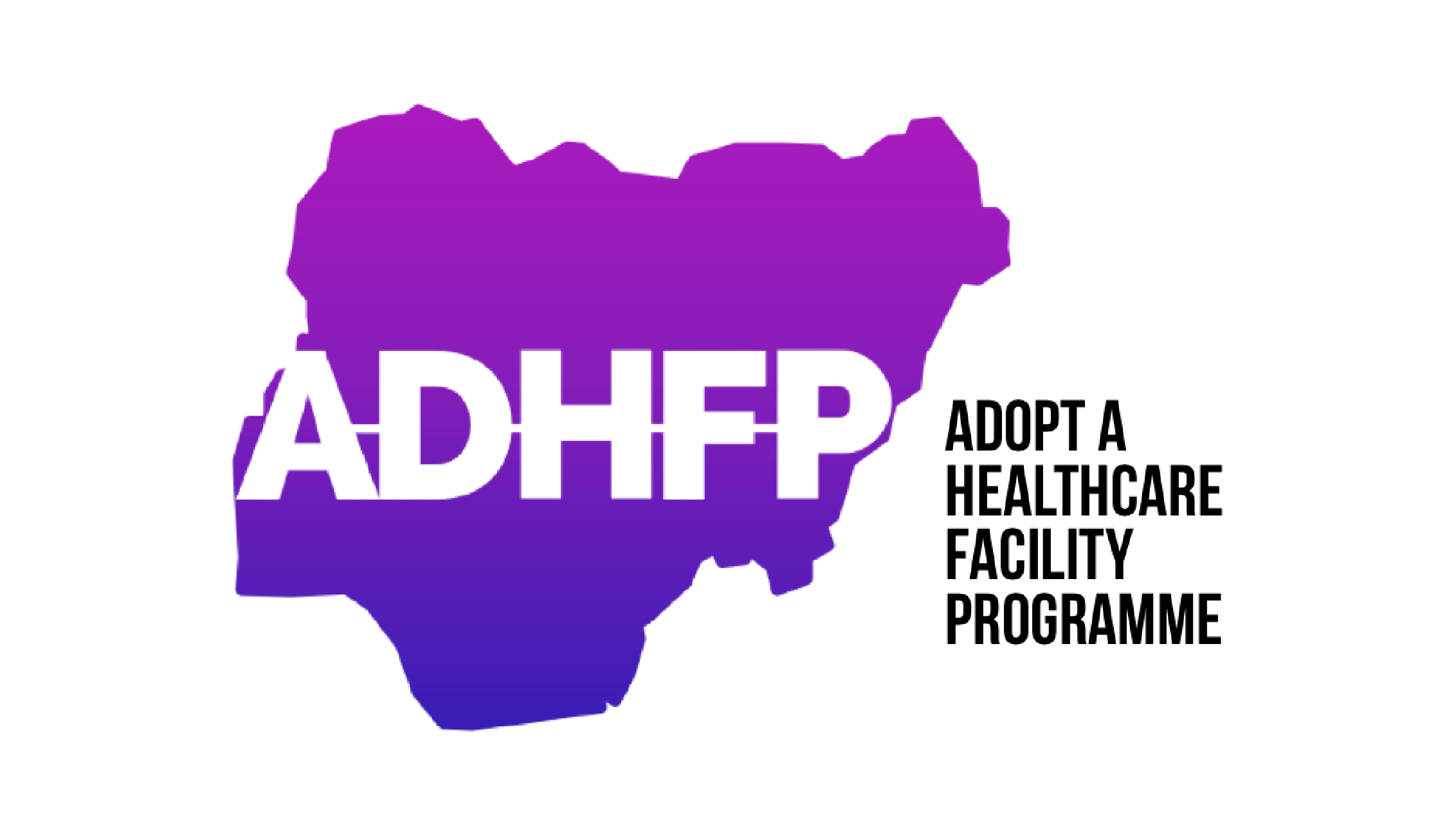
Private Sector Plays a Critical Role in Nigeria’s Healthcare Revolution – Dr. Tinuola Akinbolagbe
Dr. Tinuola Akinbolagbe, Managing Director/Chief Executive Officer of Private Sector Health Alliance of Nigeria (PSHAN), has disclosed that the private sector’s involvement in Nigeria’s healthcare revolution is instrumental in expanding access to quality healthcare services, driving innovation, and improving health outcomes for the population.
She made this remark during an exclusive interview on Channels TV on Wednesday, February 7, 2024, where she discussed the role of the private sector in addressing the nation’s healthcare challenges, while also exploring strategies for collaboration and investment to enhance healthcare access and quality.
The government’s efforts in health insurance, particularly through the National Health Insurance Authority (NHIA), marks a significant step forward in providing accessible healthcare for Nigerians. However, the current coverage, which stands at less than 5% of the population,
highlights the need for an expanded and more inclusive approach.
Acknowledging the progress made by certain states in extending health insurance coverage to the informal sector, Dr. Akinbolagbe highlighted the disparities that persist across different regions of the country. “With the recent enactment of the National Health Insurance Act (NHIA)
in late 2022, expectations are high for expanded coverage, potentially bridging the gap in healthcare access for millions of Nigerians,” she noted.
With countries increasingly interested in public-private partnerships (PPPs) to mobilize funds and promote reforms in their health systems, Dr. Akinbolagbe underscored PSHAN’s pivotal role in advocating for private sector participation in health policy formulation, stressing the sector’s potential to contribute significantly to Nigeria’s Gross Domestic Product (GDP). Despite the prevalence of outbound medical tourism, Dr. Akinbolagbe expressed optimism about the emergence of an inbound medical tourism, where Nigerians trained abroad return to establish healthcare facilities within the country, thus bolstering domestic healthcare infrastructure.
“In Nigeria, healthcare should be a thriving sector, contributing substantially to our GDP, as observed in many other countries. Instead of depending on outbound medical tourism, our focus should be on attracting inbound medical tourism, thereby transforming the healthcare sector into an economic driver.” Dr. Akinbolagbe remarked.
In discussing the government’s role, Dr. Akinbolagbe commended the current administration for its proactive stance toward healthcare reforms. She highlighted ongoing consultations between the health authorities and private sector stakeholders as a positive step towards fostering collaborative partnerships. “There is a need for a robust Public-Private Partnership (PPP) framework to address existing infrastructural deficits and enhance service delivery across the
healthcare spectrum,” Dr. Akinbolagbe said Addressing incentives to attract private sector investment, Dr. Akinbolagbe proposed tax incentives and contractual arrangements to align private sector interests with national healthcare goals. These measures, she argued, would create an enabling environment for sustainable investment and innovation in healthcare delivery. With the government’s demonstrated commitment to collaborative partnerships with the private sector, Dr. Akinbolagbe expressed optimism for the realization of transformative healthcare reform in Nigeria.
